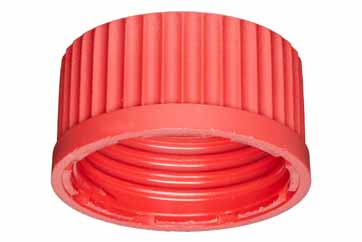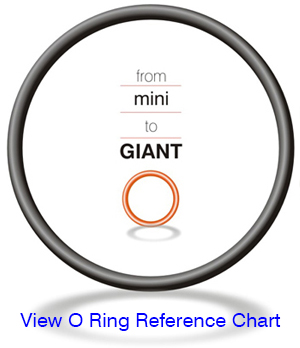Welcome To Mech Spares Private Limited
Polybutylene Terephthalate (PBT)

Polybutylene terephthalate (PBT), a strong and highly crystalline synthetic resin, produced by the polymerization of butanediol and terephthalic acid. PBT is similar in structure to polyethylene terephthalate (PET) – the difference being in the number of methylene (CH2) groups present in the repeating units of the polymer molecules. The mechanical properties of the two materials are also similar.
However, PBT has a lower melting point (223 °C [433 °F]) than PET (255 °C [491 °F]), so it can be processed at lower temperatures. This property, combined with its excellent flow when molten and its rapid crystallization upon cooling, makes PBT highly suitable for injection-molding into solid parts. Either unmodified or reinforced with glass fibers or mineral fillers, it is used in numerous applications, especially electrical and small machine parts, owing to its excellent electrical resistance, surface finish, and toughness.
PBT lends rigidity and thermoplastic properties to a synthetic rubber known as copolyester elastomer.
| Chemical Resistance | |
|---|---|
| Acids – dilute | Good |
| Alcohols | Good |
| Alkalis | Poor-Good |
| Aromatic Hydrocarbons | Good |
| Greases and Oils | Good |
| Ketones | Good |
| Electrical Properties | |
|---|---|
| Dielectric constant @1kHz | 3.2 |
| Dielectric strength ( kV.mm-1) | 20 |
| Dissipation factor @ 1kHz | 0.002 |
| Volume resistivity ( Ohm.cm ) | 1015 |
| Mechanical Properties | |
|---|---|
| Elongation at break ( % ) | 250 |
| Hardness – Rockwell | M70 |
| Izod impact strength ( J.m-1 ) | 60 |
| Tensile modulus ( GPa ) | 2 |
| Tensile strength ( MPa ) | 50 |
| Physical Properties | |
|---|---|
| Density ( g.cm-3 ) | 1.31 |
| Limiting oxygen index ( % ) | 25 |
| Water absorption – over 24 hours ( % ) | 0.1 |
| Thermal Properties | |
|---|---|
| Heat-deflection temperature – 0.45MPa (°C ) | 150 |
| Heat-deflection temperature – 1.8MPa (°C ) | 60 |
| Upper working temperature (°C ) | 120 |
Products
- Rotary & General Sealing
- O Rings
- V Rings
- Hydraulic Rod Seals
- Wiper Seal
- Hydraulic Others
- Pneumatic Seals
- Pneumatic Rod Seals
- Piston Seals
- Rubber Sheets
- Expansion Joints & Bellows
- Fabric Bellows
- Gaskets
- Rubber Plastic & PVC Caps
- Engineering Plastic
- General Products
- Custom Made Rubber
- PTFE Products
- Pu Products
- Diaphragms
Technical Data
© Mech Spares Pvt. Ltd. All rights reserved.
Website Design by EWEBAC


